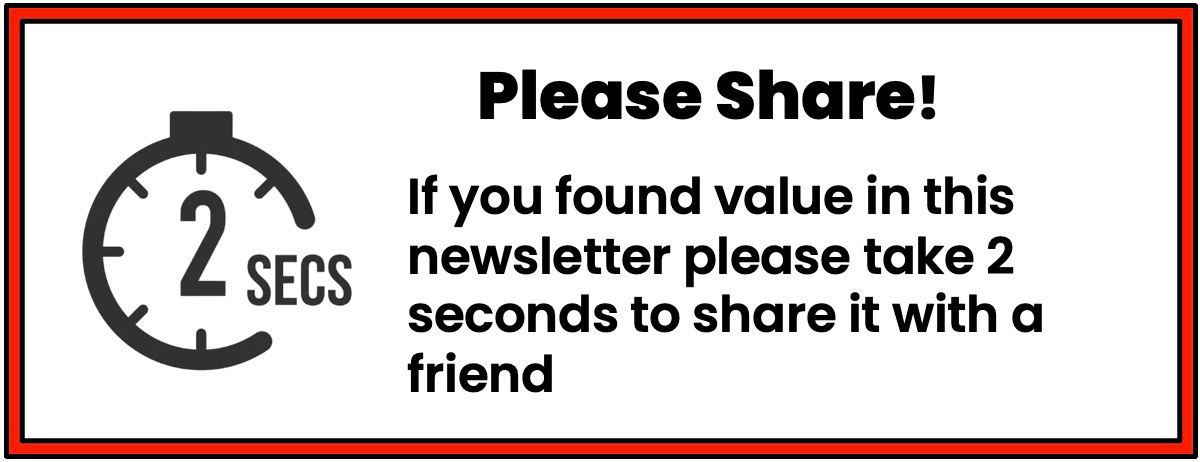BoE Digital Pound: PETs the Guard Dog of Digital Privacy
Even mathematically perfect privacy can be broken with a single law.
The Bank of England (BoE) and the MIT Media Lab have a great paper on privacy-enhancing technologies (PETs) for the digital pound and all CBDCs.
It’s a great read that makes a rather tough subject digestible. It's a fabulous contribution to the literature. Kudos, BoE!
While I love the paper, the discussion surrounding privacy is less in the technical arena these days than in the “court of public opinion.”
Sadly, many view CBDCs as nothing more than the government trying to crush freedom and facilitate a government takeover of all money.
For those who believe this, no technical discussion of privacy will suffice.
However, for those with an open mind, technology is solving many of the privacy problems associated with CBDC.
What even the most mathematically perfect PETs can’t do is change government policy or predict changes in privacy laws impacting payments.
👉TAKEAWAYS
Pseudonymization:
Pseudonymization replaces user information or another piece of data with a reference or identifier that does not reveal that information. For example, replacing a name on a payment with a number.
Cryptocurrency uses this on the blockchain, where users have numbers, not names. It is imperfect, but newer versions change the reference identifier to substantially improve privacy.
👍Pseudonymization is easy to use, well-tested, and uses few computational resources. It’s also fast, which is key to CBDC! The problem with traditional crypto-style applications is that big data can uncover the user.
Zero Knowledge Proofs (ZKPs):
A ZKP is is a cryptographic method where one party ("prover") can convince another party ("verifier") that they possess certain knowledge without revealing the actual information itself, essentially proving the truth of a statement without disclosing any details about the underlying data.
Crypto enthusiasts love ZKPs, which are used in the privacy coin Monero and Chaumian eCash.
👎The problem is that while ZKPs provide strong privacy, they require substantial computational resources and are not ideal for high-throughput CBDC systems.
Multiparty computation or Homomorphic commitments:
Homomorphic encryption is a form of encryption that allows computations to be performed on encrypted data without first having to decrypt it.
👎The problem is that this is bleeding-edge tech and requires lots of computing to run. For now, this tech isn’t ready for CBDC.
👊STRAIGHT TALK👊
By now, you must be asking, “Which is best?”
I am a fan of pseudonymous systems that have been upgraded with the latest technology to allow for higher levels of privacy. One technique is to change the pseudonymous ID number regularly so that it can’t be subjected to big data analysis.
The reason for my choice has two primary reasons:
First, these systems keep computational loads low to ensure the high transaction throughput critical for CBDCs. It is also the only technology that is adequately tested!
Second, let me cut to the quick: it is mostly irrelevant.
Yes, I said that! No matter what techniques are used, mathematics can only go so far in keeping payment data private.
This shouldn’t be news, and governments will go to great lengths, legal and illegal, to obtain payment data. Edward Snowden demonstrated this by revealing that the NSA’s TracFin program tracked foreign credit card transactions in 2011.
Yes, PET can make CBDCs more resistant to attack by hackers, which is fundamentally good. Still, the ultimate attack vector for CBDC privacy is the government changing privacy laws during war or civil unrest, such as during Canada’s trucking strike.
The government can change laws or policies for CBDC and card payments in a heartbeat, and no amount of math can stop it.
That’s harsh but true.
This button will help you “Restack” or post to “X” and others.
Readers like you make my work possible! Please buy me a coffee or consider a paid subscription to support my work. Thank you!
Sponsor Cashless and reach a targeted audience of over 55,000 fintech and CBDC aficionados who would love to know more about what you do!






